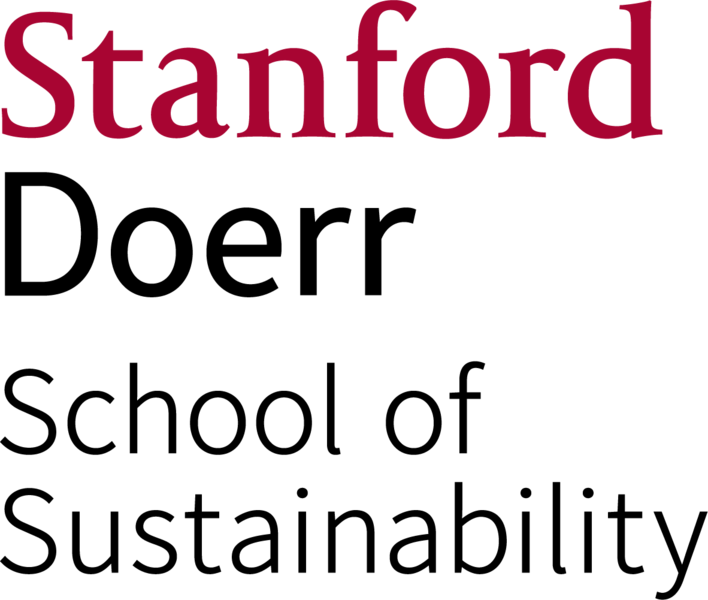Sustainability Living Labs
FUSE Living Lab Approach

To integrate knowledge, expertise and views of local actors, FUSE adopts a Sustainability Living Lab (SLL) approach. The SLL approach includes a stakeholder analysis and two series of workshops, at the beginning and the end of the project period, respectively. In the first set of workshops (spring 2019), stakeholders and policy experts shared visions, challenges, coping strategies, and potential policy solutions. The information gathered is then processed and integrated into the system model as well as in the qualitative part of the project. In a second set of workshops (end of 2020), the results of the modelling exercise will be presented to the participants of the first workshops and other stakeholders, and feedback will be elicited. Between the two series of workshop, further exchange with the stakeholders takes place.
Stakeholder Analysis and Design of the Workshops
In an iterative six months process the FUSE team – supported by local partner organizations (Gokhale Institute of Politics and Economics, Pune and MIRRA, Amman) – conducted a stakeholder analysis. By acquiring an understanding of the political economy of FWE systems in Pune and Amman, stakeholders were identified and further classified according to the degree they are capable of affecting or are affected by challenges within FWE systems. In the case of Amman, the stakeholder analysis built on well-established contacts and experience within the Jordan Water Project (JWP). The stakeholder analysis in Pune comprised a two-month stay and intensive on-site research by FUSE members.
The design of the 1st set of workshops went hand in hand with the proceeding compilation and differentiation of the stakeholder list. Deepening the understanding of affecting (level of power) and affected (level of interest) stakeholders and their intersections motivated an integrated workshop approach.
In this approach, a Stakeholder Workshop – bringing together farmers, citizens, business owners, activists, and NGO representatives from different fields – is followed by a workshop with FWE experts from public and private sector, NGOs and academia. Initially, stakeholders share FWE challenges they face, discuss their coping strategies, and exchange ideas and solutions for the future in a one-day workshop. Two days later the workshop’s results – which have in the meantime been collected by the FUSE team – are included into the Expert Workshop. Participants are invited to create a common vision of a sustainable future and to enter into a discussion on measures and policies for sustainable FWE systems within different future perspectives. These perspectives that show an extreme although possible development of exogenous factors, such as stronger urbanization, increased water scarcity due to climate change, transformation of rural areas and of energy demand as well as energy sources.
Finally, a third, detached workshop with experts in modelling allows the FUSE team to get feedback by local practitioners on their ideas how to model complex FWE systems and their interlinkages.
Implementation: 1st Set of Workshops, February (Pune) and March (Amman) 2019
From 18-21 February 2019 and 24-27 March 2019, the outlined design was implemented in Pune and Amman. Over 80 people joined the workshops in each city and gave the FUSE team valuable insights to proceed with their research and build on local ideas and perspectives. At the same time, participants appreciated the crosscutting exchange of thought with representatives from different sectors and areas. To keep exchange and learning process ongoing, the FUSE team conducts regular online calls with a core group of participants in both cities.
On this website, you can find a detailed documentation of the workshops in Puneand in Amman as well as some impressions in the gallery.


